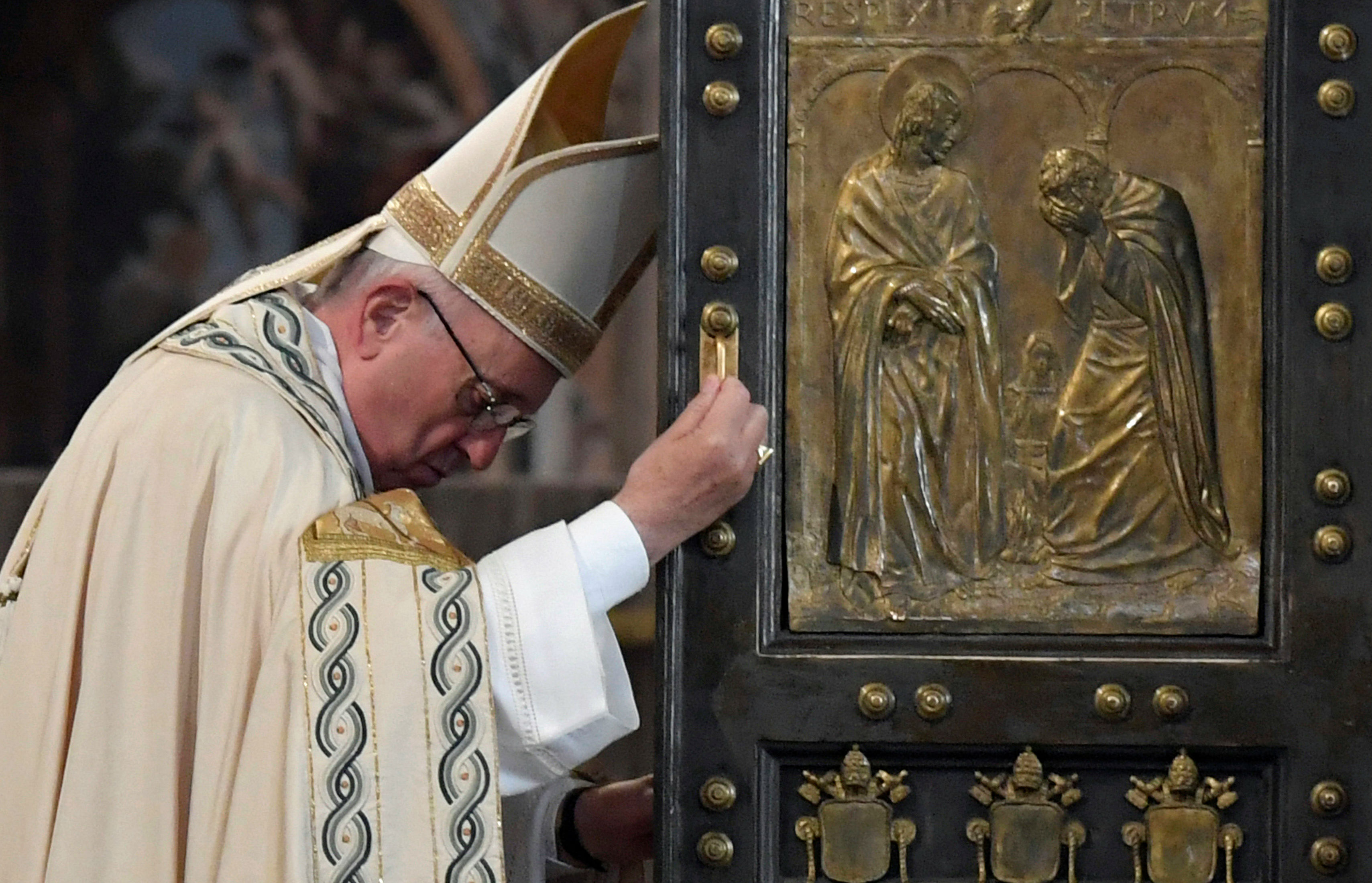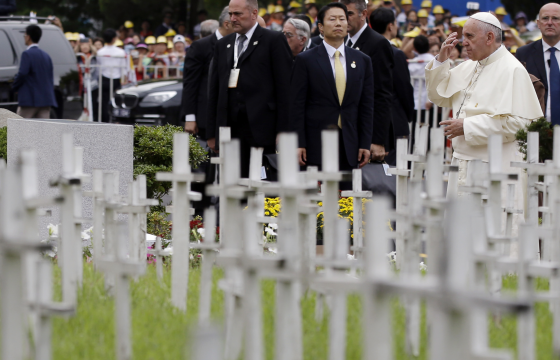Pope Francis sought to extend the momentum of his Jubilee Year of Mercy with a new apostolic letter where he pleaded for the Church to show compassion to women who have had abortions and marriages that are failing.
The letter, published today, now offers all priests the power to absolve the sin of abortion, an option previously only in place during the jubilee. Current church rules decree that because a woman procuring a termination, and those who assist her, are automatically excommunicated normally only a bishop or certain priests can absolve their sins. At the same time, Francis also extended the permission for priests of the schismatic group, the Society of Saint Pius X, to continue hearing confessions validly.
The traditionalist society, founded by Archbishop Marcel Lefebvre and which rejects key reforms of the Second Vatican Council, formally broke with the Church in 1988 by ordaining bishops without papal approval. But the Pope has made efforts to welcome the group back, showing that mercy does not discriminate in a progressive or conservative direction.
“None of us has the right to make forgiveness conditional,” Francis writes in Misericordia et Misera. “Mercy is always a gratuitous act of our heavenly Father, an unconditional and unmerited act of love. Consequently, we cannot risk opposing the full freedom of the love with which God enters into the life of every person.”
The Pope’s letter re-iterates that showing mercy, understanding and compassion should be at the heart of the Church’s mission. This, he explains, includes those in complicated marital situations that fail to live up to Catholic teaching.
“This Jubilee Year cannot overlook the complexity of the current realities of family life,” Francis writes. “The experience of mercy enables us to regard all human problems from the standpoint of God’s love, which never tires of welcoming and accompanying.”
He goes on: “We have to remember each of us carries the richness and the burdens of our personal history; this is what makes us different from everyone else. Our life, with its joys and sorrows, is something unique and unrepeatable that takes place under the merciful gaze of God. This demands, especially of priests, a careful, profound and far-sighted spiritual discernment, so that everyone, none excluded, can feel accepted by God, participate actively in the life of the community.”
During the jubilee the Pope published his landmark document on the family which opens the way for divorced and remarried Catholics to receive communion in certain circumstances. A remarried individual, he has decreed, could be admitted to the sacraments after a period of discernment with a priest.
But the proposal has been been met with fierce opposition by conservatives, with four cardinals last week accusing the Pope of spreading confusion and disagreement among bishops over whether it should be implemented.
Nevertheless, Francis is pushing forward with his compassion mission, something which he wants to continue despite the jubilee year closing.
“Now is the time to unleash the creativity of mercy, to bring about new undertakings, the fruit of grace” Francis says.
“The Church today needs to tell of those “many other signs” that Jesus worked, which ‘are not written’, so that they too may be an eloquent expression of the fruitfulness of the love of Christ and the community that draws its life from him. Two thousand years have passed, yet works of mercy continue to make God’s goodness visible.”
Among the initiatives the Pope proposes are for a “World Day of the Poor” to coincide with the feast of Christ the King. It also neatly dovetail with Francis’ “last shall be first” policy ensuring the poor and marginalised are the Church’s first concern.
PICTURE - Pope Francis takes a moment to pray in front of the white wooden crosses of the unborn children garden in Kkottongnae, South Korea in 2014. 'Abortion is a grave sin, since it puts an end to an innocent life,' the pope wrote in his apostolic letter. 'In the same way, there is no sin that God's mercy cannot reach..'




 Loading ...
Loading ...